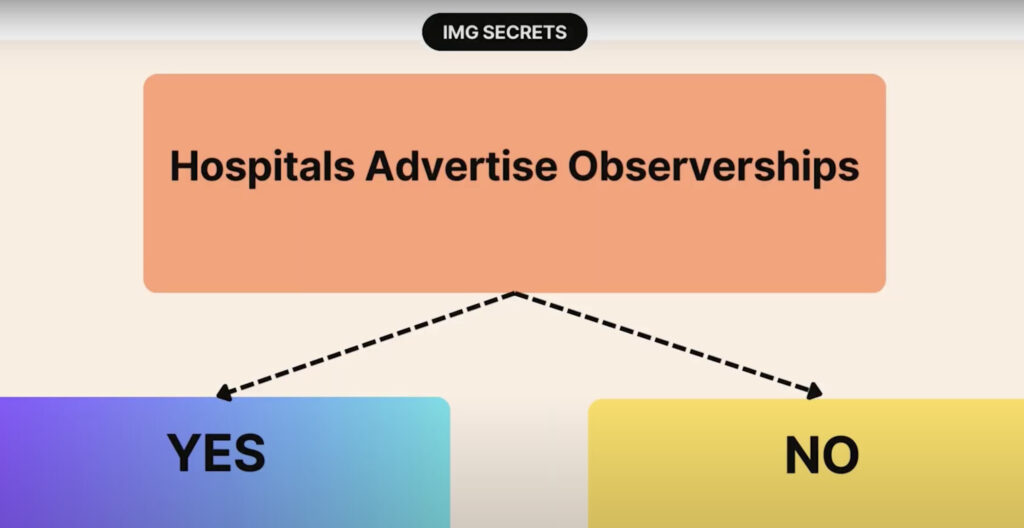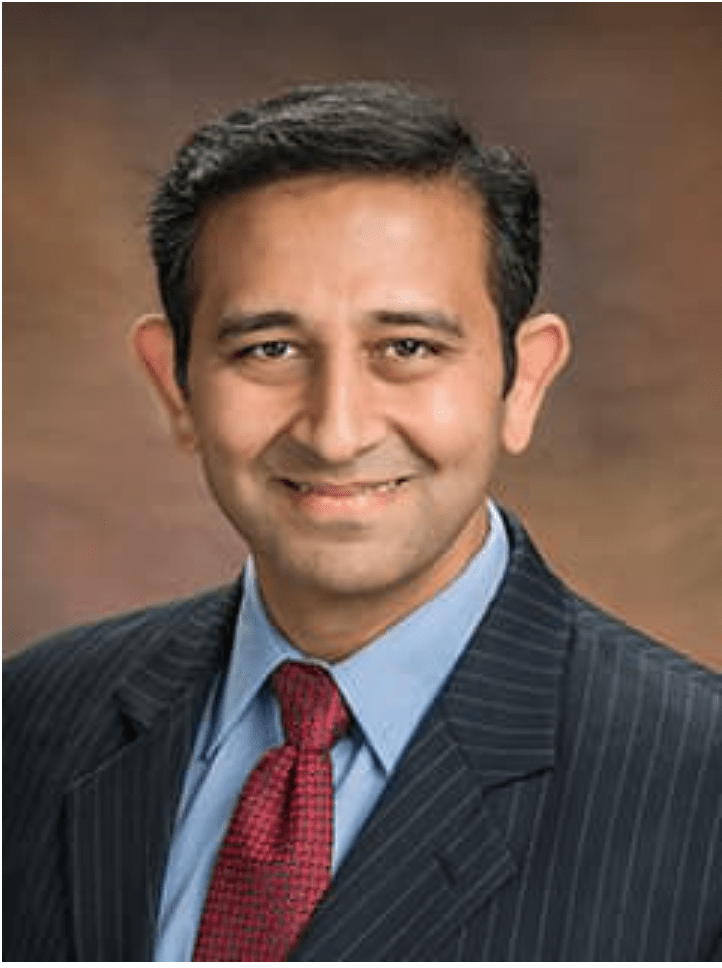Welcome to the inside scoop from Dr. Rajeev Iyer, where I bring you a wealth of experience from my time as a practicing physician in both the United States and Canada. Not only have I navigated the medical landscape personally, but I’ve also guided hundreds of international medical graduates like you along the path to success.
Today, I’m excited to share with you a straightforward guide on securing an observership in Canada—an essential step for many in their medical journey. Stay tuned for the full journey, and let’s embark on this enlightening path together
How to Select the Right Observership in Canada?
Choosing the correct observership can often be a turning point in your medical career, particularly if you’re aiming to practice in Canada. The question is, which field are you drawn to? Internal medicine, cardiology, radiology, anesthesiology, or surgery? Deciding on your area of interest is crucial and should be your first step.
Choosing the correct observership can often be a turning point in your medical career, particularly if you’re aiming to practice in Canada. The question is, which field are you drawn to? Internal medicine, cardiology, radiology, anesthesiology, or surgery? Deciding on your area of interest is crucial and should be your first step.
For those with prior specialization training in their home country, the path is straightforward. Let’s take an example where you’ve completed a residency in internal medicine. Now, it’s time to zero in on a subspecialty. Whether it’s nephrology, cardiology, endocrinology, or another field that sparks your passion, this focused approach will streamline your journey as you progress in the Canadian medical landscape.

But what if you’re a recent graduate still exploring your options? If the multitude of specialties seems overwhelming and you’re uncertain about the direction to take, it’s essential to pause and reflect. Choosing a specialty is a decision that shouldn’t be rushed. Whether your interest lies in surgery, cardiology, radiology, or any other specialty, this initial decision will form the foundation of your observership applications and, by extension, your long-term career planning.
Make a considered choice, because pursuing observerships in your chosen specialty will not only align with your career aspirations but also give you a competitive edge as you build your professional identity in the Canadian healthcare system.
Remember, the observership is more than just a learning experience; it’s an opportunity to demonstrate your commitment to a specialty and to forge meaningful connections within your professional community.
How to Search for an Observership in Canada?
Knowing your specialty is just the beginning; the next vital step is to actively seek out observership opportunities. This journey typically starts on the websites of university hospitals. Target the specific department that aligns with your area of interest and see what opportunities are available.

There are two potential outcomes in this search:
You Find an Observership: If you’re lucky enough to discover an opening in, say, nephrology, that’s great! All you need to do is put together a strong application and send it their way.
No Observership is Available: Don’t be discouraged. Look for related fields. For instance, if your interest is in nephrology and there are no adult nephrology spots, consider pediatric nephrology. The experience will still be valuable and relevant.
What if you hit a roadblock or just need some expert guidance? That’s where we come in. We’re ready to assist you in finding the right observership and advise you on the choices that will benefit your career trajectory the most.
To get started, visit IMGSecrets.com and schedule a consultation. We’re here to ensure you’re taking steps that not only match your career aspirations but also give you a competitive edge.
What Documents Do You Need for a Successful Observership Application in Canada?
Navigating the application process for an observership can be nuanced, with requirements varying by hospital. Yet, there is one universal truth: your Curriculum Vitae (CV) is paramount. It’s the cornerstone of your application, a document that reflects your professional journey and potential. Hence, I strongly recommend that you craft your CV with the utmost professionalism—it’s the first impression you give.
Besides your CV, be prepared to submit other essential documents, which typically include:
- Proof of medical education completion
- Internship records
- Specialization certificates, if applicable
- Vaccination records
- Visa for travel, if you’re an international medical graduate

Many international graduates successfully complete observerships using a visitor visa, but remember, securing your position ahead of time is crucial. Each document is a piece of the puzzle that completes your profile, so ensure each one is carefully prepared and up to date.
Conclusions
As we wrap up this guide, remember that the pursuit of an observership is a commendable and strategic step in your medical career. Whether you’re honing in on a specialty, searching for the right program, or assembling your application documents, each phase is pivotal in carving out your unique path in the medical field.
Your CV is not just a document; it’s the narrative of your professional life. Treat it with the importance it deserves. As for the other documents, they are the supporting cast that showcases your dedication and readiness for the observership you aspire to obtain.
International medical graduates have a wealth of opportunities ahead, and with the right approach, an observership is within reach. Stay persistent, stay professional, and let your passion for medicine shine through every step you take.
We are here to guide you at IMGSecrets.com, but ultimately, it is your journey, your dream, and your future. Step forward with determination, and let’s make your medical career in Canada a resounding success.

Dr. Rajeev Iyer MBBS, MD, MS, FASA (USA)
Associate Professor of Anesthesiology
University of Pennsylvania,
Philadelphia, USA
Disclaimer: The views and opinions expressed in this article are solely those of the author and do not reflect the official policy or position of the University of Pennsylvania or any other institution or entity.

